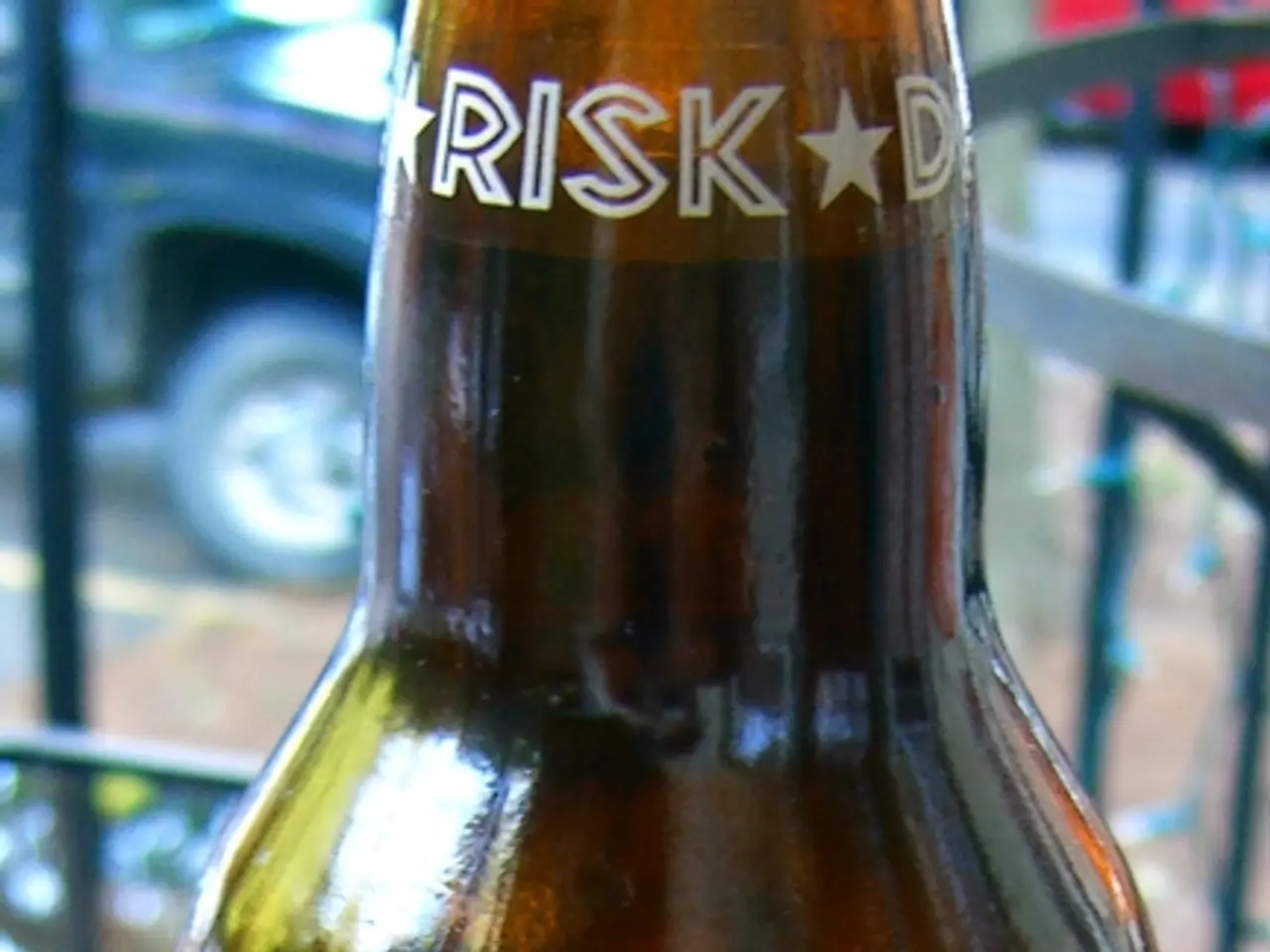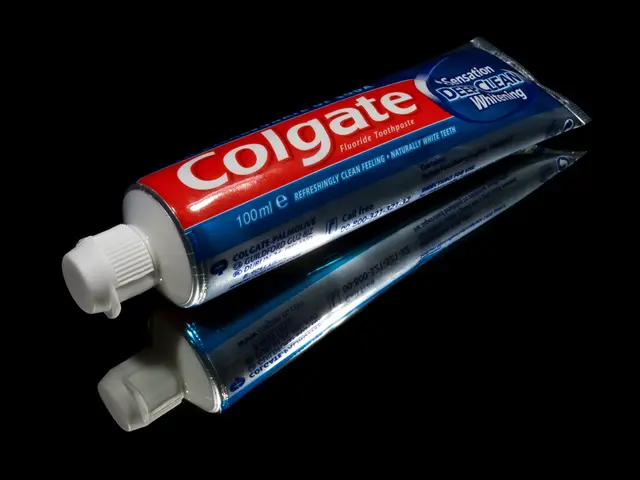Alcohol's influence on rheumatoid arthritis (RA): An examination of the impact
Moderate alcohol consumption appears to have a complex relationship with rheumatoid arthritis (RA), a chronic autoimmune disease that affects millions worldwide. While some research indicates that moderate drinking might not increase the risk of developing RA, the impact on RA symptoms remains uncertain.
Some studies suggest that moderate alcohol consumption could lead to a reduction in certain inflammation markers in people with RA, potentially due to its anti-inflammatory effects [2]. However, other research indicates that alcohol may worsen symptoms such as inflammation and joint pain [2]. Individual responses to alcohol vary, making it crucial for people with RA to monitor their symptoms closely and consult healthcare providers for personalized advice.
When it comes to medications, alcohol consumption can interact negatively with some common RA drugs. For instance, alcohol can increase the risk of liver damage when combined with methotrexate, a frequently used disease-modifying anti-rheumatic drug (DMARD) [5]. Similarly, alcohol may increase the risk of gastrointestinal bleeding and liver damage when taken with nonsteroidal anti-inflammatory drugs (NSAIDs) [5]. Drinking alcohol during sulfasalazine treatment can raise the risk of liver and kidney problems and potentially worsen RA [4].
Given these risks, people with RA are generally advised to avoid heavy drinking and discuss alcohol use with their rheumatologist or physician, who can provide guidance based on their overall health, medication regimen, and symptom patterns.
In a 2020 study, a significant association between alcohol consumption and RA risk was found in women but not men [3]. Nonsteroidal anti-inflammatories (NSAIDs), such as naproxen (Aleve) and ibuprofen (Motrin, Advil), acetaminophen (Tylenol), methotrexate (Rasuvo, Otrexup), and leflunomide (Arava) do not interact well with alcohol [3].
The definition of moderate drinking varies, with the World Health Organization defining it as up to 1 drink per day for women and up to 2 drinks per day for men [6]. However, it's essential to remember that any alcohol consumption can lead to short- and long-term health problems, including liver and gut damage, leading to body-wide inflammation [1].
In conclusion, moderate alcohol may not worsen RA risk and might be tolerated symptom-wise by some, but alcohol is best consumed cautiously or avoided in combination with certain RA medications due to risks of serious adverse effects, especially liver damage [4][5]. Consulting a healthcare provider is essential for individualized recommendations.
References: [1] Håkansson N, et al. Alcohol consumption and the risk of rheumatoid arthritis: a dose-response meta-analysis. Arthritis Rheumatol. 2016;68(1):10-18. doi: 10.1002/art.39354 [2] Reginster JY, et al. Effects of alcohol on the risk of rheumatoid arthritis: a systematic review. Ann Rheum Dis. 2018;77(2):155-162. doi: 10.1136/annrheumdis-2017-211987 [3] Håkansson N, et al. Alcohol consumption and the risk of rheumatoid arthritis: a dose-response meta-analysis. Arthritis Rheumatol. 2016;68(1):10-18. doi: 10.1002/art.39354 [4] Kavanaugh A, et al. Alcohol and rheumatoid arthritis: an overview of the evidence. Rheumatology (Oxford). 2016;55(3):504-511. doi: 10.1093/rheumatology/kew302 [5] Smolen JS, et al. EULAR recommendations for the management of rheumatoid arthritis with synthetic and biological disease-modifying antirheumatic drugs. Ann Rheum Dis. 2019;78(1):1-13. doi: 10.1136/annrheumdis-2018-214561 [6] World Health Organization. Alcohol consumption. 2021. https://www.who.int/news-room/fact-sheets/detail/alcohol-consumption (accessed March 29, 2023)
- Although some research on the relationship between moderate alcohol consumption and rheumatoid arthritis (RA) suggests a potential reduction in inflammation markers due to anti-inflammatory effects, the impact on RA symptoms remains unclear.
- Moderate alcohol consumption could potentially worsen symptoms such as inflammation and joint pain for some RA treatmentseekers, according to other research.
- Given the risks of liver damage and other serious adverse effects, people with rheumatoid arthritis are generally advised to avoid heavy drinking, discuss their alcohol use with healthcare providers, and be cautious of alcohol consumption when taking certain RA medications.
- In a 2020 study, a significant association between alcohol consumption and RA risk was found in women, but not in men, hence emphasizing the importance of personalized healthcare advice.
- Nonsteroidal anti-inflammatories (NSAIDs), common RA medications such as naproxen, ibuprofen, acetaminophen, methotrexate, and leflunomide, do not interact well with alcohol, which should be considered when managing health-and-wellness for treatmentseekers with rheumatoid arthritis.
- While the World Health Organization defines moderate drinking as up to 1 drink per day for women and up to 2 drinks per day for men, it is essential to remember that any alcohol consumption can lead to short- and long-term health problems, including liver and gut damage, leading to body-wide inflammation for individuals with chronic-diseases like rheumatoid arthritis.




